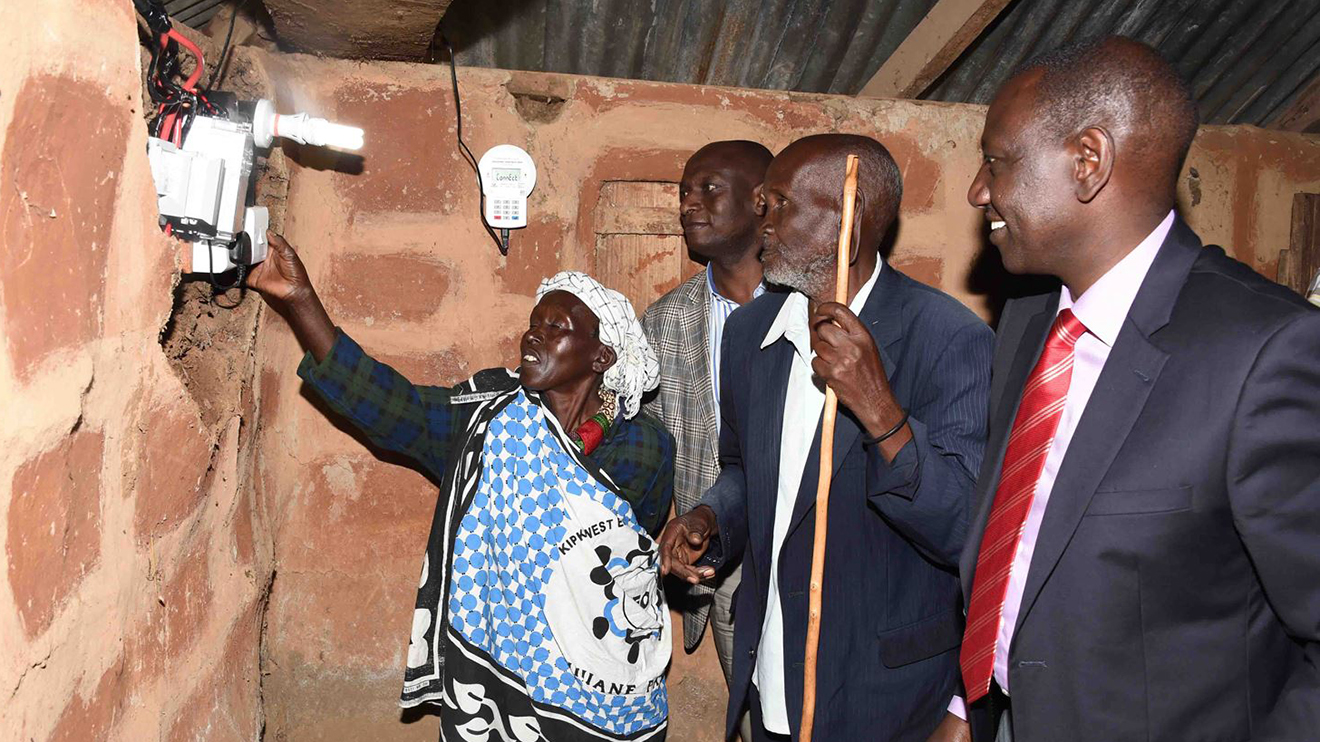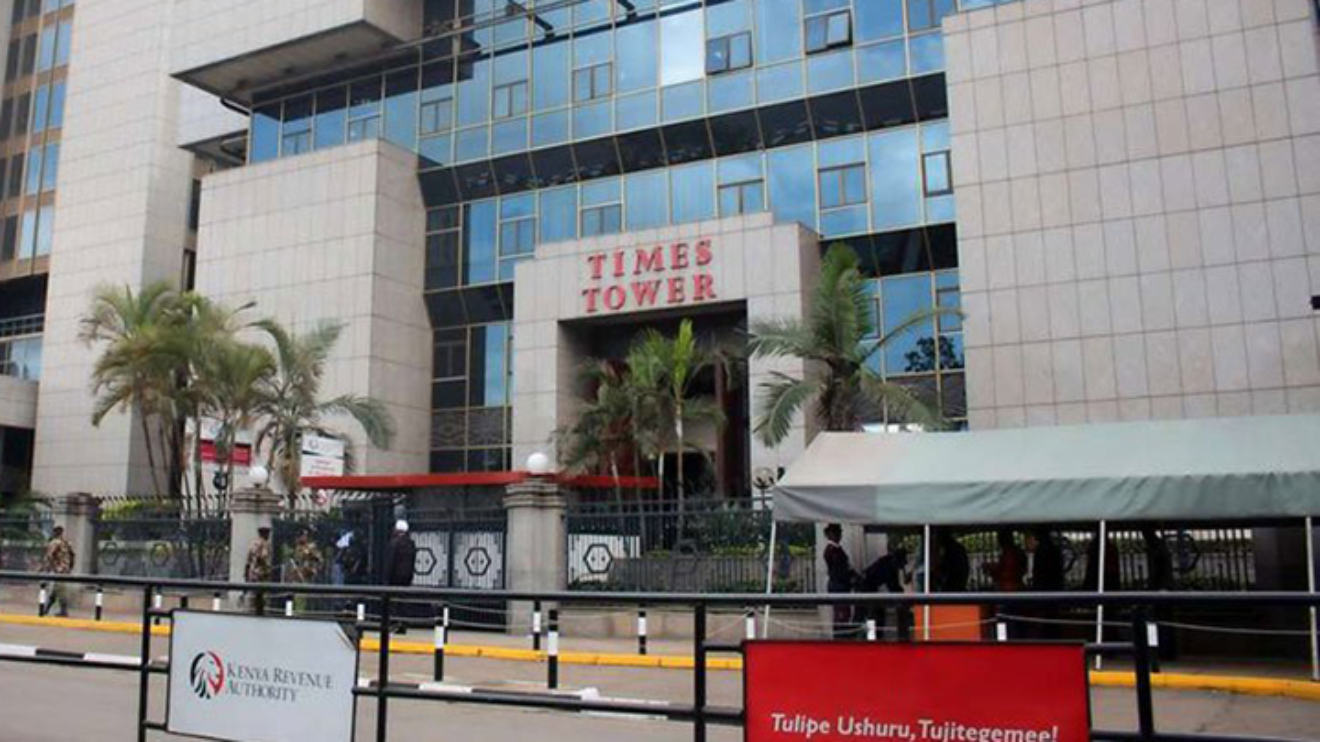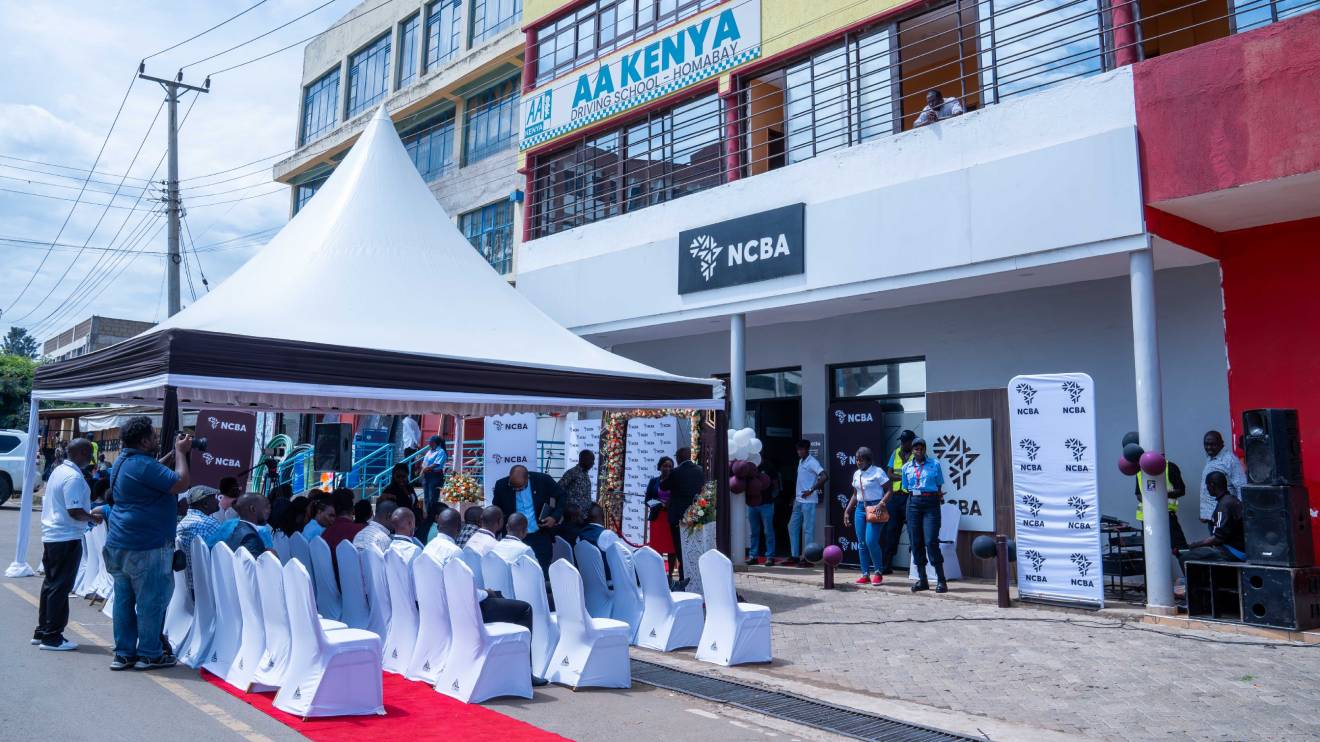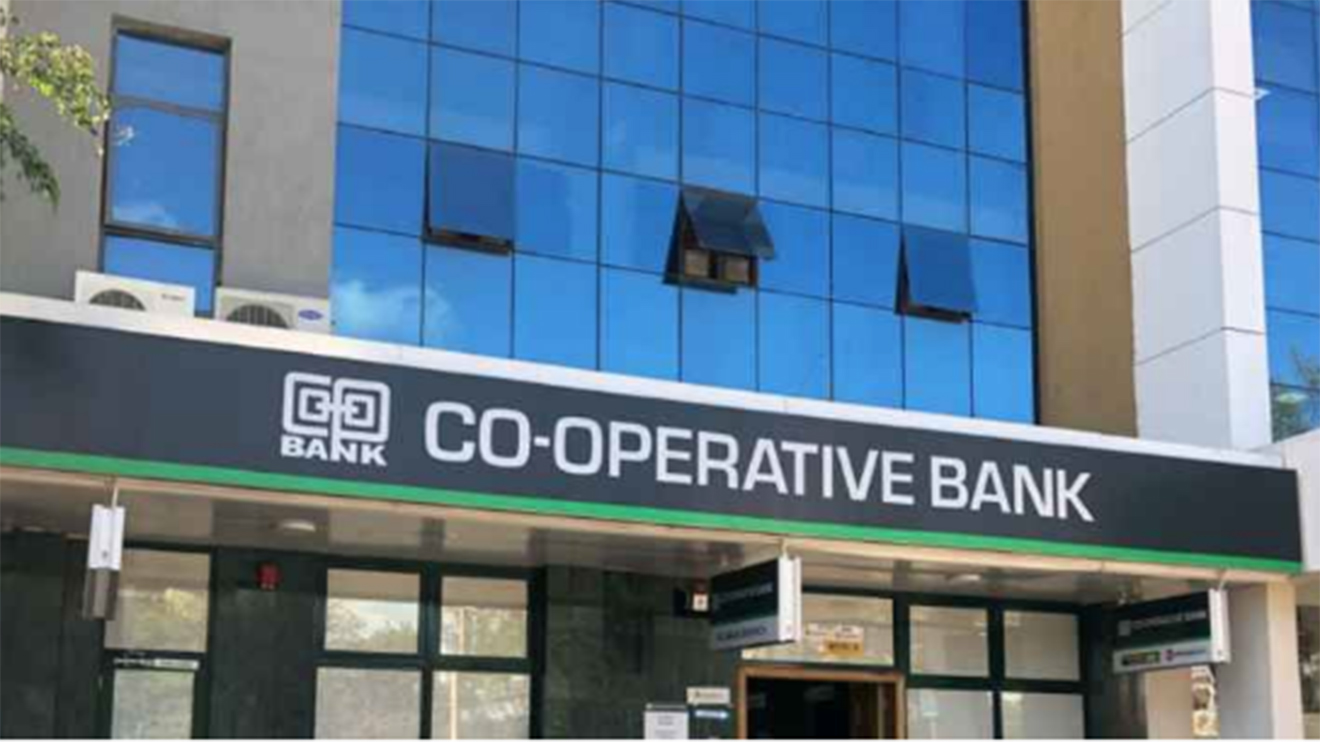Kenya Power and Lighting Company (KPLC)'s ambitious Last Mile Electricity Connectivity Programme has faced a severe setback as the government has slashed its funding by Sh5 billion, according to disclosures from the Treasury.
This drastic reduction in financial support has had a detrimental impact on KPLC, the nation's sole power distributor, leading to increased costs and delays in the electrification of households at subsidized rates.
The latest mini-budget revealed a substantial reduction in funding for the Last Mile Electricity Connectivity Programme, from an initial allocation of Sh11.4 billion down to Sh6.4 billion for the current fiscal year ending in June next year.
Consequently, the government has also revised its target for the number of new customers to be connected to electricity during this period, decreasing it by 10,000 from the initial goal of 100,000, as per the Treasury document.
The reduction in funding comes from both the government and development partners, impacting the program's ability to reach its intended beneficiaries.
Read More
The government has cut its own funding for the project by Sh2.56 billion, while development partners have reduced their counterpart funding by Sh2.4 billion.
The Last Mile Connectivity Programme, initiated by Kenya Power in 2015, aimed to bring electricity to remote households in the country.
However, according to the World Bank, one of the financiers of the program, it has not been implemented as originally designed.
The World Bank cited fiscal constraints as a significant obstacle, explaining that budgetary transfers from the government for last-mile connections were either delayed or insufficient to cover the incurred costs.
"While the aggressive connection campaign was not slowed down, absence of public funding for the last mile program meant that KPLC had to resort to short-term and high-cost commercial debt to cover the last mile program, exacerbating KPLC's precarious financial position," the World Bank noted in one of its documents.
Under the Last Mile Connectivity Programme, beneficiaries are expected to pay a contribution fee of Sh15,000 for electricity connection.
The actual cost of connection slightly exceeds this amount, with the remaining expenses covered by financiers like the African Development Bank (AfDB).
The reduction in funding for this critical electrification initiative raises concerns about its ability to reach underserved communities and contribute to Kenya's broader economic and social development goals.
As the nation grapples with these budget cuts, the impact on KPLC's performance and the electrification of remote households becomes increasingly evident.




-1731675695.jpg)



-1731665904.jpg)